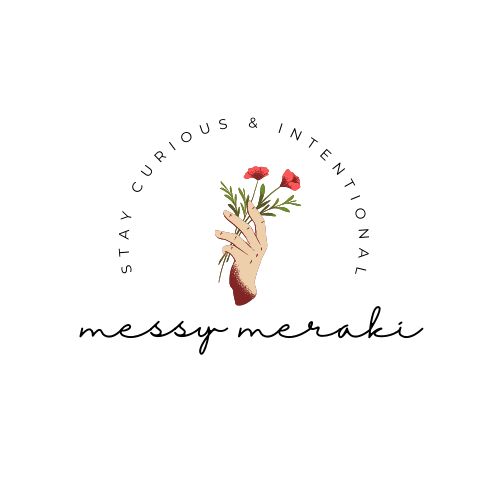We live in a society filled with technology, cluttered with perceived perfection, bombarded with selifes. We’ve become obsessed with how we are perceived online. Hours of our weeks, sometimes days, are spent on social media sites seeking everything from companionship to inspiration, everything we used to find offline in the so-called “real world”. This is our world today, this is our generation and our future generations. This is what we’re working with.
Social media has become a huge part of who we are, or who we want to be. How we want to be perceived, how we want to design our virtual personas. We use our best photos in our profiles, we showcase our best qualities. We tell hundreds of acquaintances and strangers what we’re thinking, what we’re watching, who we’re with, what we’re doing. Hundreds of acquaintances and strangers read every word of it.
It isn’t all bad. We’re all in this together, right? We’re all hilariously and hopelessly addicted to this form of social interaction. I’ve found support through groups of first-time-moms after my first child was born, groups of photographers eager and willing to provide constructive criticism, groups of like-minded social workers sharing ideas, inspiration, and providing support to one another.
But what happens when our virtual presence begins to outweigh real-life and starts to negatively affect our emotions? When we post a picture that doesn’t get any likes? When our tweets result in harassment? When we become hyper-focused on what’s happening on our screens and forget to step away?
“For those who post status updates, the reinforcements keep coming in the form of supportive comments and likes. And of course we know that behaviors that are consistently reinforced will be repeated, so it becomes hard for a person who has developed this habit to simply stop” (Medical News Today).
Can we stop? Are we reliant on these reinforcements?
Am a a horrible photographer because I don’t have many likes on my facebook page? If I have thousands of likes, does that mean I’ve “made-it”?
A few years ago I started participating in what I called Facebook-Free Fridays. I spent the time that I would have otherwise spent on social media doing other things, like trying a new hobby or working on homework. This was a huge eye opener for me for two reasons: One: it was HARD to step away, harder than I had imagined it might be. This in itself is scary because we often don’t even realize what a huge part of our daily lives social media has become. Two: the amount of free time I found when I stepped away was astounding. Think there’s not enough time in the day? Disconnect and see what happens.
Think you’re not good enough? Disconnect and see what happens.
Medical News Today (2015). Social Media: how does it affect our mental health and well-being? Retrieved fromhttp://www.medicalnewstoday.com/articles/275361.php


